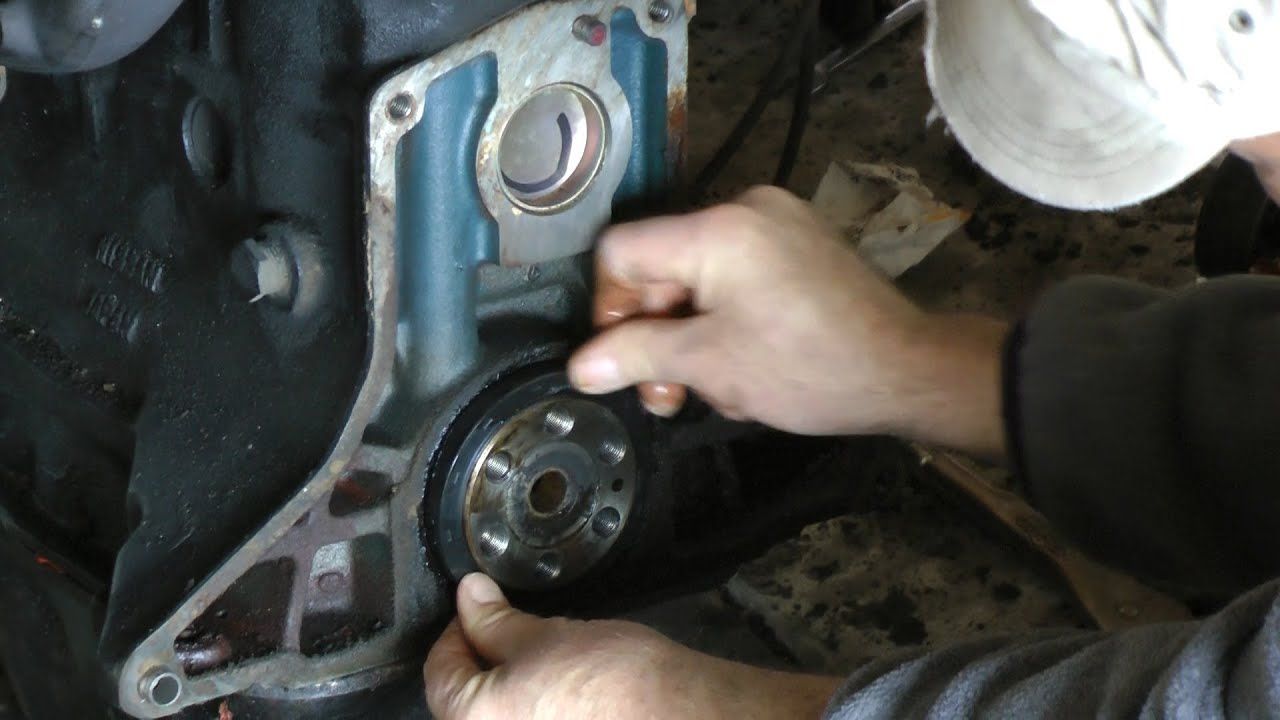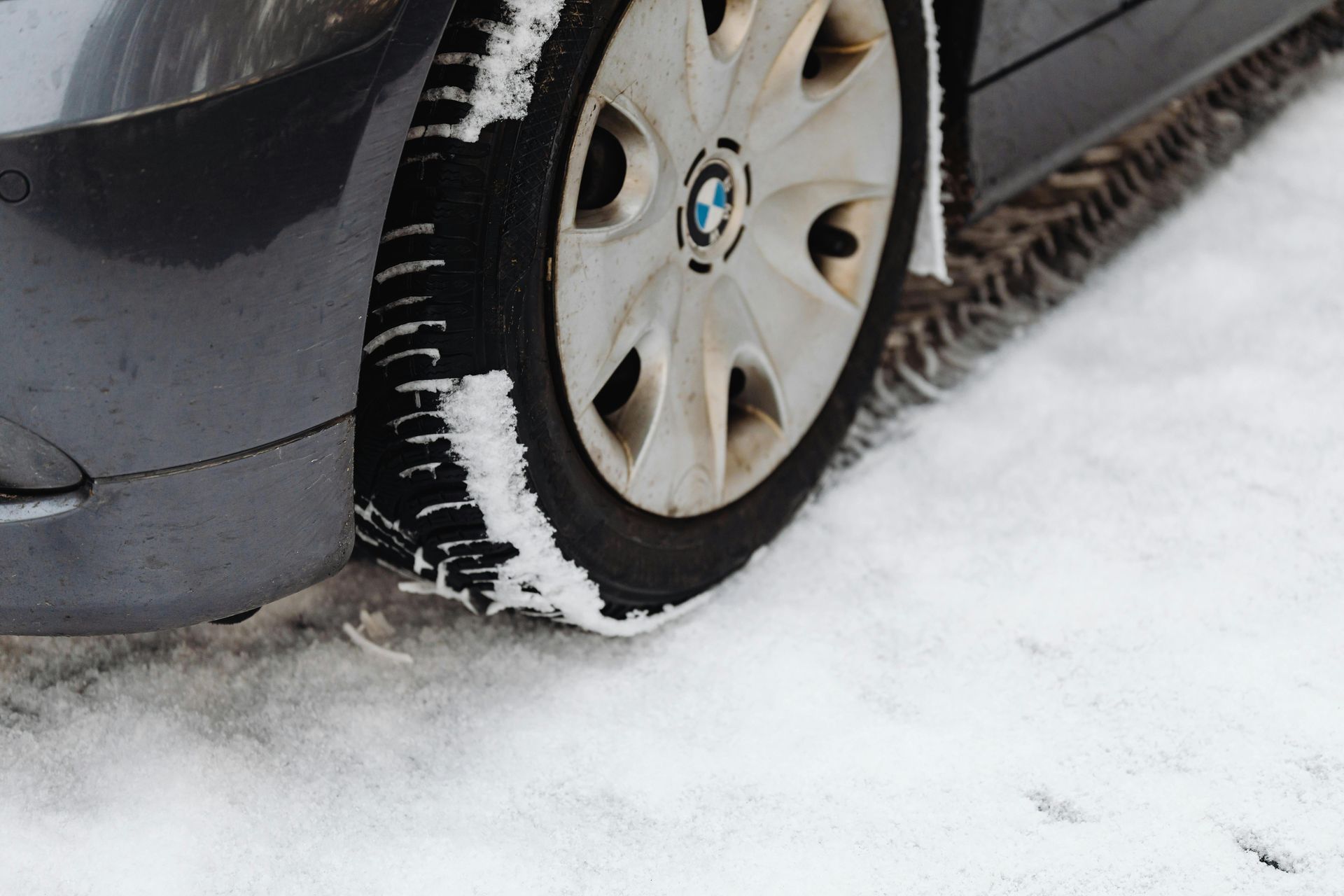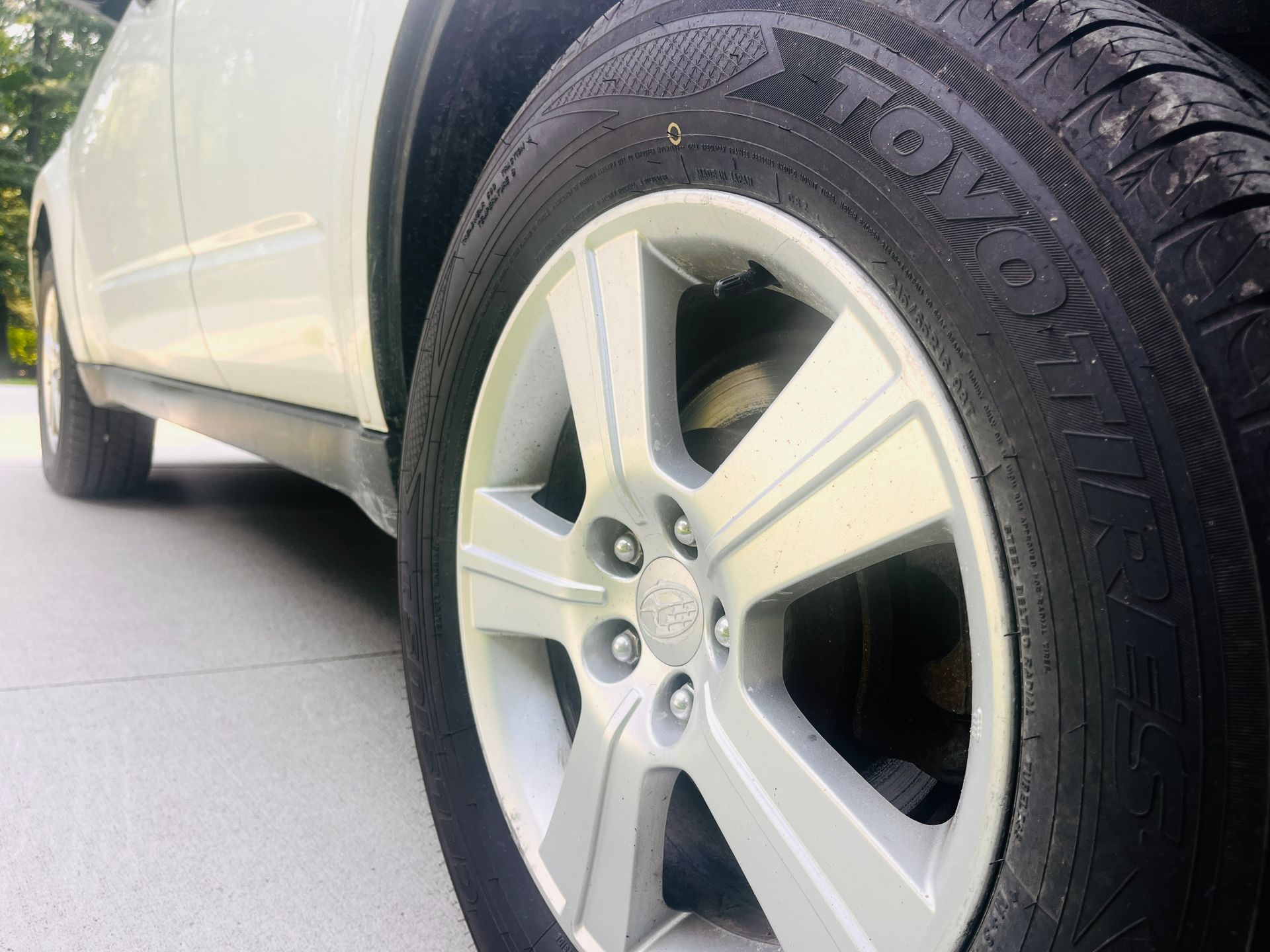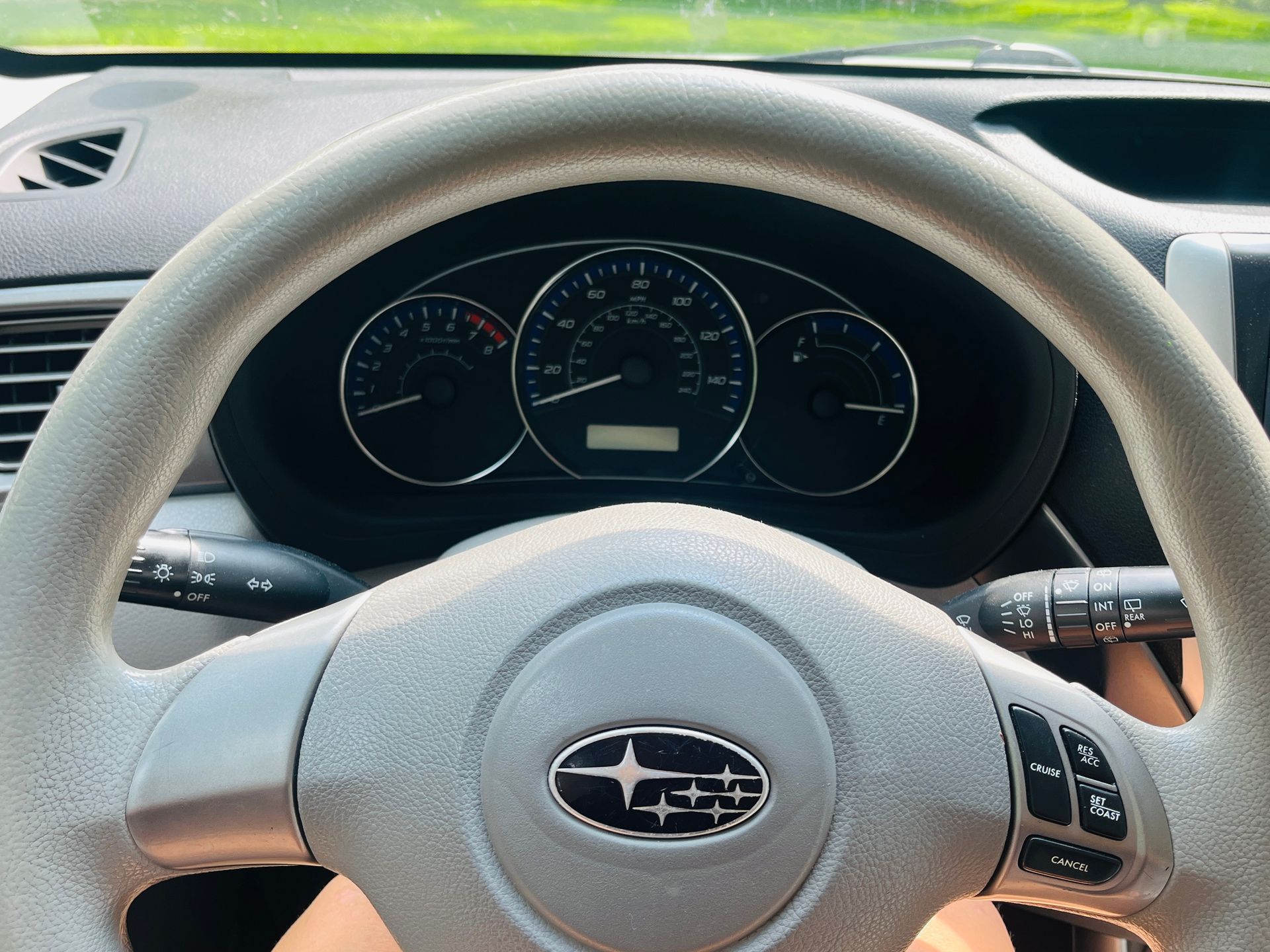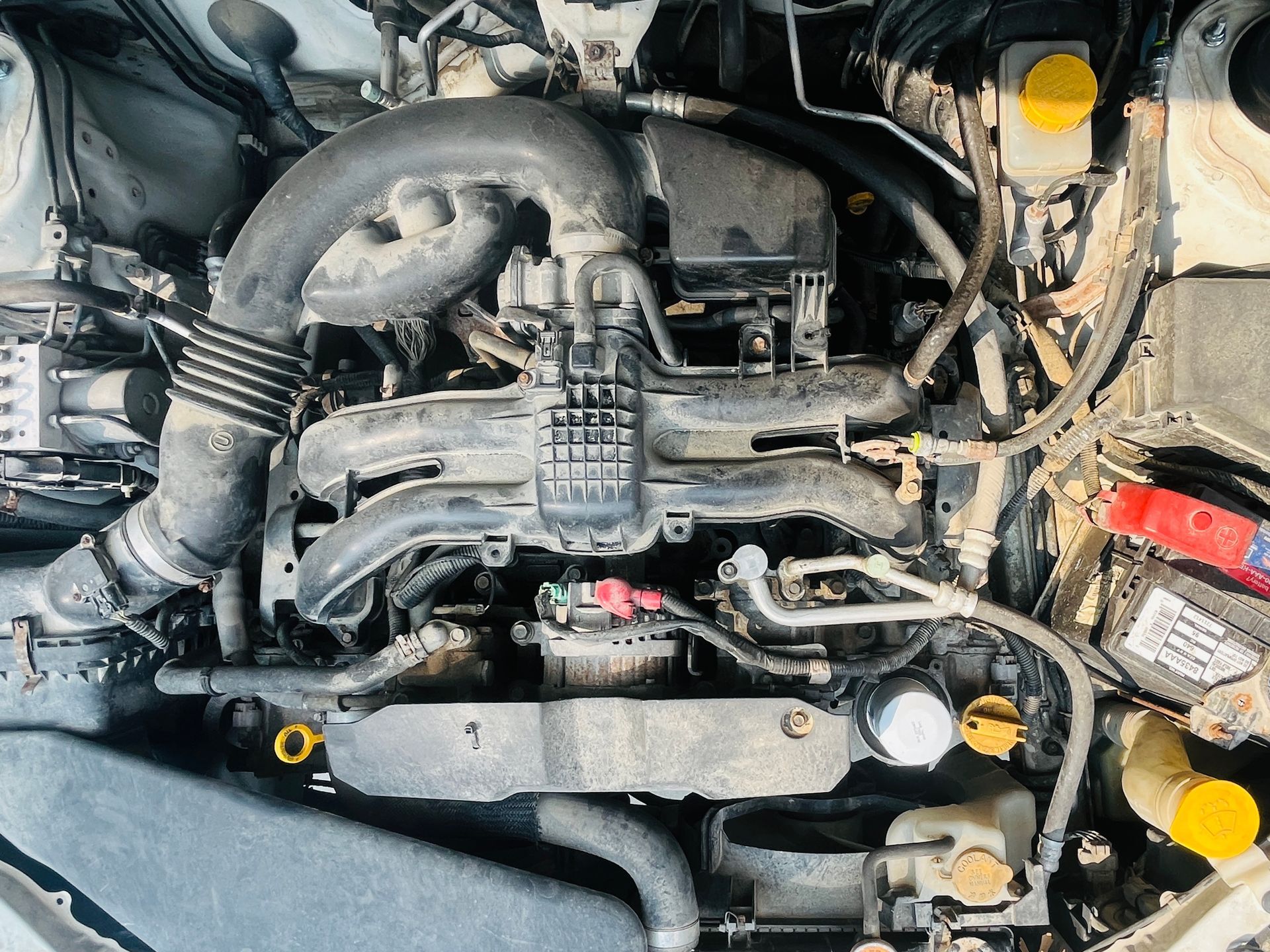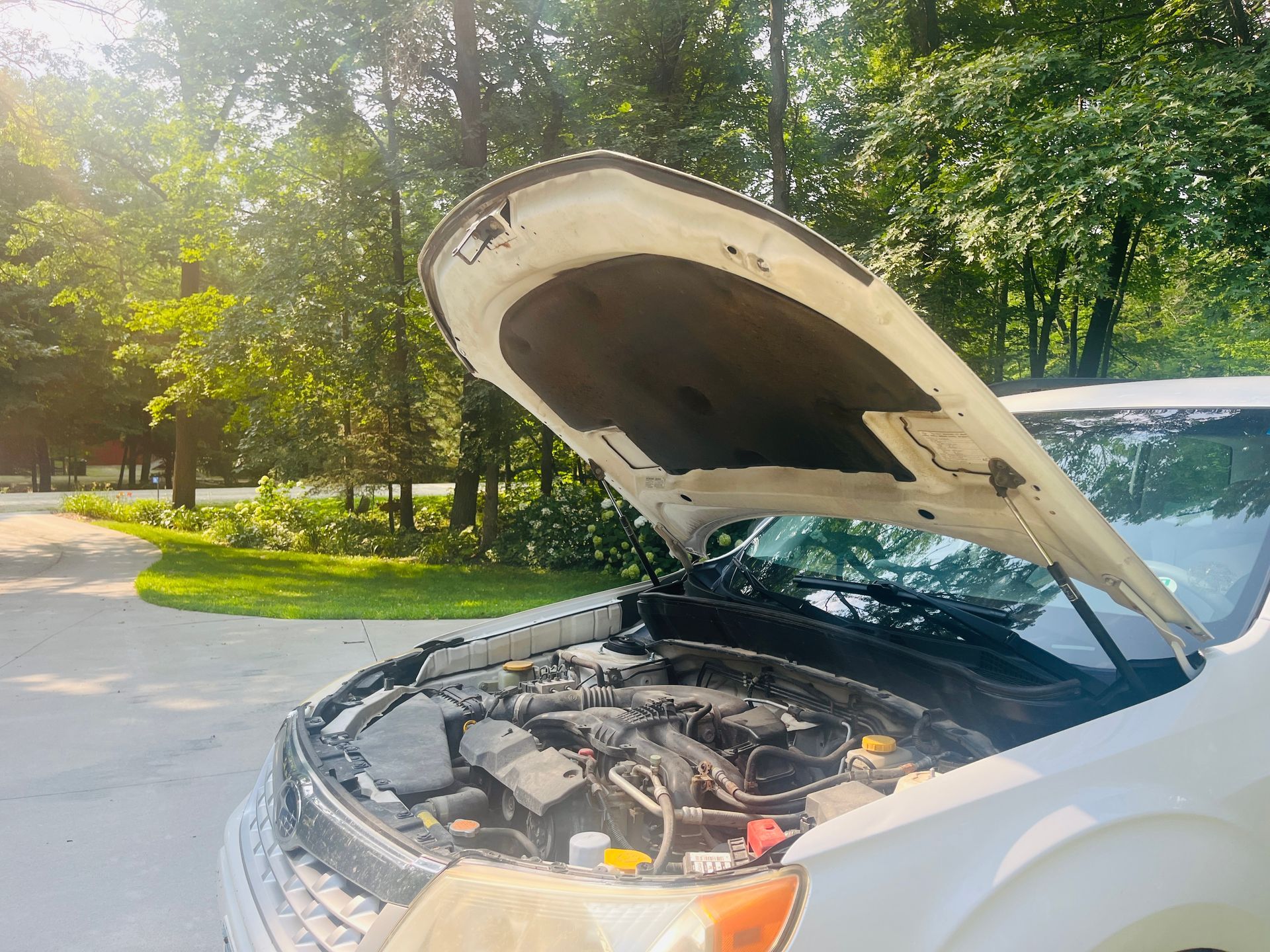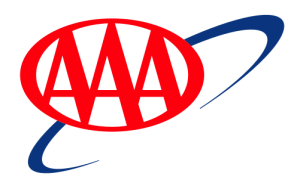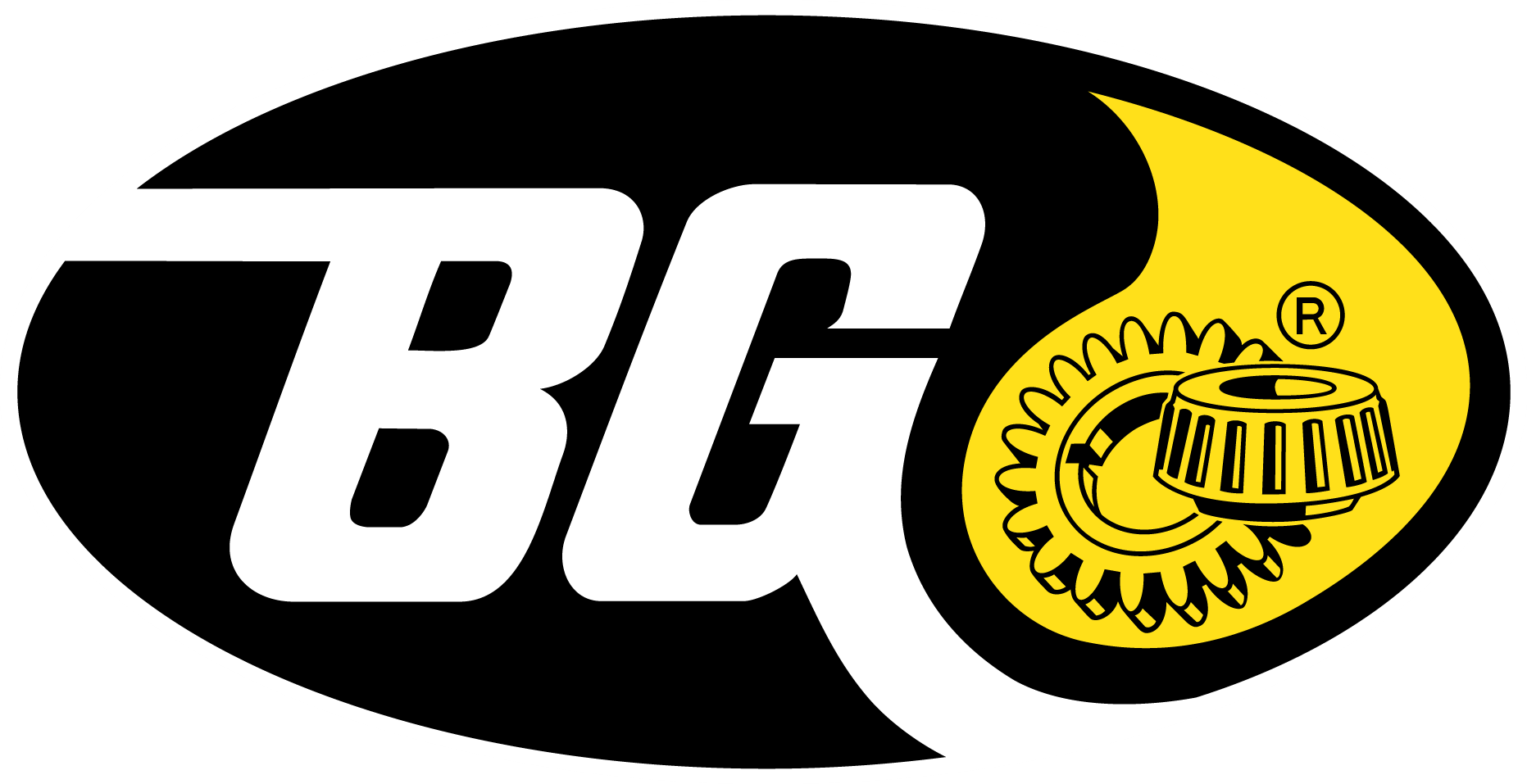Fuel system pampering saves money
February 7, 2013
Have you been flushing since I gave you an overview of all of the fluids in your vehicle last month? Do you understand just how important it is to do regular maintenance? Do you realize how much money it can save you in the long run?
Join me as we dig a little deeper into one of the topics I briefly covered last month - fuel. How does the fuel system work? Do you do regular fuel system maintenance cleanings? Do you replace the fuel filter regularly? And do you keep your tank more than a quarter full?
Fuel system
Your fuel system is made up of several key components. It starts with the tank. Located inside the tank is the fuel pump which pumps gas into the fuel line, through a filter, into pipes or rails. The fuel is distributed to the injectors (the number of injectors vary depending on the vehicle). These injectors then spray fuel into the engine at precise times, amounts and patterns. The fuel is mixed with air and ignites. This produces the energy needed to run your engine.
Fuel system cleaning
As you can imagine, there are any number of things that can go wrong that would hinder the fuel system process. One of the problems rarely considered is how the contaminants and deposits in the fuel can "gum up" the entire system. It is similar to how plaque can clog arteries in your body based on diet and other factors. You can certainly do your best to eat healthy and exercise to keep your arteries as healthy as possible. Likewise, you can choose top fuels and/or fuel additives to decrease the chances of clogging. There will, however, still be deposits and contaminants that are left behind which may restrict the flow of air and fuel to your engine. This can cause hard starting, stalling, rough idling, hesitations, knocking, loss of power and poor fuel economy.
Allowing fuel injectors to get gummed up will not only hurt your performance and fuel economy, it will cause the injectors to wear out prematurely. As you may guess, fuel injectors cost a lot. This is why regular preventative maintenance is key to a healthy vehicle.
A professional fuel system cleaning will keep your injectors clean and working properly. It will also clean deposits from inside the combustion chamber and from the intake valves, giving you optimum performance and gas mileage.
Can only professionals do this cleaning? How much does it cost? Where should you take it? How often should this service be performed? I am sure these are all questions on your mind and I am here to answer them.
Due to the nature of the cleaning, machines must be used. So unless you want to spend a bunch of money buying one of these machines and figuring out how to use it properly, your best course of action is to take it to your auto-home for this service. The professionals there have the equipment to clean your fuel system and can advise you about which level of cleaning is best for your vehicle based on the amount of deposit buildup there is.
Depending on which you choose (the less invasive or the more thorough) and where you go for your cleaning (independent shop or dealership), your cost will vary. Generally speaking, cleaning of this sort should range from $90-$120. Considering the alternative of failing injectors or a rough running vehicle, this is very little compared to the cost of repair within the fuel system - the fuel line, rails, injectors or valves. Cleaning should be done yearly or every 15,000 miles.
Fuel filter
Would you drink coffee grounds? Even if you just get a few grounds in every cup, would you enjoy your coffee? I've had that happen before and it tastes awful. That's why I put in a fresh coffee filter every time I make a new pot of coffee. Likewise, unfiltered fuel "tastes awful" to your engine and can cause buildup of contaminants, leading to damage and expensive repairs.
This is why your vehicle is equipped with a fuel filter in the fuel line between the tank and the engine - catching dirt and contaminants before they enter the injectors. When the filter is clogged, your engine may not be able to get enough fuel and can sputter. If the fuel filter is moderately to heavily clogged, the pressure in the fuel line increases significantly and can cause fuel pump failure.
This is why replacing the fuel filter is crucial to the health of your fuel system. Manufacturers vary in their recommendations of replacement. But this is based on the type of fuel used as well as other factors. Your best bet is to replace it on the lower end of the recommendation, every 15,000 miles.
Fuel pump
Because the fuel pump lives inside your tank, it's pretty expensive to replace. That is why you want to help it last as long as possible. Using good gas or adding a fuel system cleaner to your tank can prolong the life of your pump.
But did you know that keeping at least a quarter tank of gas in your vehicle can also help? Why? Because the fuel keeps the pump cool (especially in the summer months). The fuel pump is a motor and it gets hot when it's running. Keeping it submerged in gas benefits the pump greatly - and may increase the life of your pump. Keeping your fuel at a quarter of a tank will also decrease the chance of condensation in your fuel lines. The more condensation, the more chance of your fuel lines freezing - and expensive repairs.
So as you motor along this winter, think about pampering your fuel system. Keeping your tank above a quarter-full is "free" maintenance (except for the cost of fuel that you need anyhow). Fuel filters and fuel system cleaning services vary in price, but they are certainly a lot less than a repair if components are ruined and need replacement.

